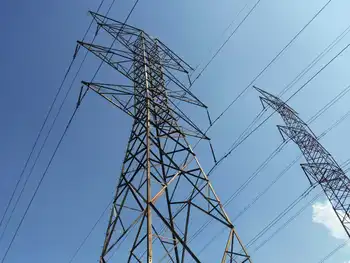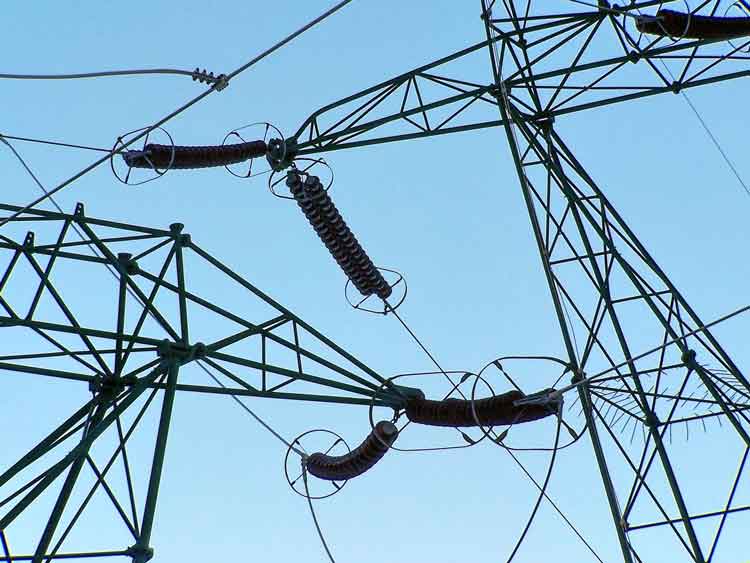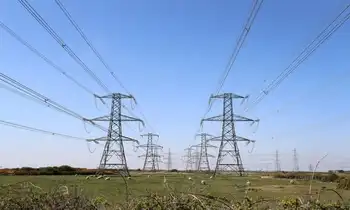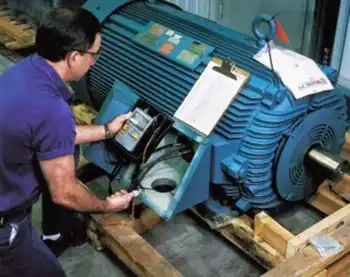Vermont Yankee contract rejected by co-op
The verdict: No contract with Vermont Yankee.
The board of directors of the stateÂ’s third-largest electric utility voted 9-1 against signing a 20-year power purchase agreement with the 39-year-old nuclear power plant that is fighting for its life in court. Board President Thomas Bailey of Derby does not vote unless he needs to break a tie.
“I have not heard a single member say, ‘Yes, sign this contract,’” director Mark Woodward of Johnson said.
John Ward of Newport was the lone voice on the board in support of the contract.
“We need lower-priced power to keep our jobs and maybe get some new jobs,” he said, after the board had heard that Vermont Yankee power would save the co-op $375,000 the first year of the deal. “This will save our ratepayers a lot of money.”
The board opted for the strongest message against Vermont Yankee among several choices it considered. The board could have decided not to vote at all on the deal, or to accept it pending either the stateÂ’s or the courtÂ’s permission for the plant to keep operating after next year. Co-op Chief Executive David Hallquist said the board essentially was telling the staff to cease negotiating with Vermont Yankee owner Entergy Corp. on a new power agreement.
Vermont Yankee spokesman Larry Smith said the company was disappointed in the board’s decision. “Vermont Yankee is an important resource for the New England region, producing clean, reliable electricity,” he said. “This agreement would have provided VEC’s customers with access to that resource at attractive rates.”
The Vermont Electric Cooperative board took the unusual step of hearing from a Vermont Yankee executive and a critic of the plant, giving each side 30 minutes to speak at a meeting in the truck garage at the utilityÂ’s Johnson headquarters.
“It’s a democratic process,” Hallquist said.
After failing to come to a power-purchase agreement with the stateÂ’s two largest utilities, Central Vermont Public Service Corp. and Green Mountain Power Corp., Entergy last month announced a proposed deal with Vermont Electric Cooperative. The deal would provide 10 megawatts of power starting at a below-market price of 4.9 cents per kilowatt hour, then adjusting future prices to market rate.
For Entergy, reaching a power deal would help bolster the companyÂ’s argument for gaining the stateÂ’s permission to operate the plant for another 20 years beyond March 2012.
The Vernon plant last month won a 20-year extension from the U.S. Nuclear Regulatory Commission, but amid concerns about recent tritium leaks at the plant, the state Legislature has blocked state approval. Just recently, Entergy filed a lawsuit in federal court challenging the stateÂ’s role.
The co-opÂ’s board hadnÂ’t signed off on the proposed power deal, however, deciding last month to delay the decision until the April meeting.
That brought Mike Colomb, Vermont YankeeÂ’s site vice president, to Johnson to defend the plant. He touted its reliability and the unlikelihood that the plant ever would suffer the damage that the Fukushima plant in Japan has experienced following last monthÂ’s earthquake and tsunami.
The two plants are of similar design, he acknowledged, but Vermont Yankee has a low probability of facing a large earthquake, he said. It has several backup power sources to maintain cooling, including a diesel pump, upgraded battery capacity and the ability to connect to the Vernon dam, he said.
Vermont Yankee is more likely to face flooding risks, he said, but during the worst flood in history in 1936, the Connecticut River came 20 feet short of where the plant sits, he said.
Vermont Yankee has run at a capacity of 98.7 percent in 2009 and 89.9 percent in 2010, Colomb said, with its performance evaluated at the U.S. Nuclear Regulatory CommissionÂ’s highest ranking.
The board also heard from Arnie Gundersen, a former nuclear engineer from Burlington who is a critic of the plant. He said the Fukushima accident will have repercussions throughout the U.S. nuclear power industry that will drive Vermont Yankee out of business. He said he expects regulators to require increased safety measures that will make operating a relatively small plant such as Vermont Yankee unprofitable.
“What I’ve come to is, they’re going to shut it down in a year or two,” he said.
He said Vermont Electric Cooperative, with provides power to 34,000 members in 74 towns, would be better off locking into a long-term deal for power with another source.
That argument took hold for board member Craig Kneeland of Eden Mills.
“We need to lock in with a credible supplier,” he said. “We need to deal with a company that has the trust and support of the majority of our members. Entergy isn’t that company.”
Related News
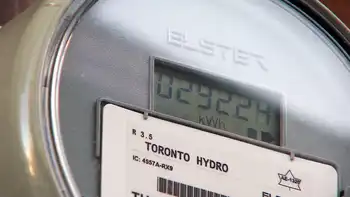
Ontario's five largest electricity providers join together to warn of holiday scams
TORONTO - Ontario’s five largest electricity utilities have come together to warn the public about ongoing scams concerning fake phone calls, texts and bills connected to the utility accounts.
“We always receive these reports of scams and it gets increasingly higher during the holidays when people are busy and enjoying the season," said Whitney Brhelle, spokesperson with Hydro One.
Hydro One joined with Alectra Utilities, Elexicon Energy, Hydro Ottawa and Toronto Hydro to get the message out that scammers are targeting customers and threatening to turn off their power.
Scams involve impersonation of a local utility or its employees, threatening phone calls, texts…


